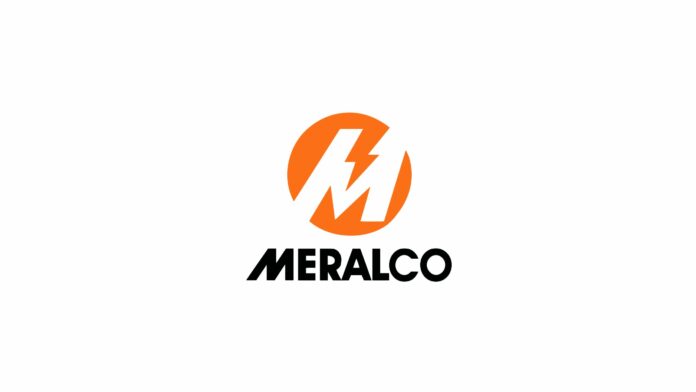The Manila Electric Company (Meralco), the country’s largest distribution utility, has bared plans to cut its 2030 direct emissions by over 20 percent in line with the goal to become coal-free before 2050.
The target covers the projected 2030 baseline Scope 1 emissions, which refer to greenhouse gas emissions directly generated by the company from thermal power generation and from the use of fuel for vehicles and other equipment.
Meralco’s just, orderly, and affordable transition to clean energy is the core thrust of its long-term sustainability strategy, which begins with investment in renewable energy (RE) to serve the country’s growing energy demand for greener power.
This includes the program to source an increasing portion of its supply portfolio from RE. Meralco has so far contracted 1,880 megawatts (MW) of RE capacity from various suppliers, already exceeding its initial target of 1,500 MW.
Through Meralco’s strategic sourcing initiatives, RE is expected to account for 22 percent of the distribution utility’s supply portfolio by 2030, and 18 percent of that of Meralco’s retail electricity supplier, MPower, by 2025.
“We recognize our impact on the planet, and we will do more as part of our earnest commitment to sustainability. As we chart the path towards a brighter and greener energy future, Meralco will continue to evolve and elevate its sustainability agenda to continue powering the good life for all,” Meralco first vice president and chief sustainability officer Raymond B. Ravelo said.
To further strengthen its decarbonization efforts, Meralco, through its power generation arm, Meralco PowerGen Corporation (MGen), is accelerating its RE buildout to develop greener generating capacities to power the country with sustainable energy.
Earlier this year, MGen committed to invest at least P18 billion for its RE buildout which will cover capacities from clean technologies as solar and wind which the company aims to build through 2030.
“In the coming years, Meralco will accelerate its shift to green energy through the adoption of next-generation clean technologies. Ultimately, we will drive deep decarbonization to advance long-term energy security with earth-friendly power,” Ravelo said.






